#yeelen film
Explore tagged Tumblr posts
Text

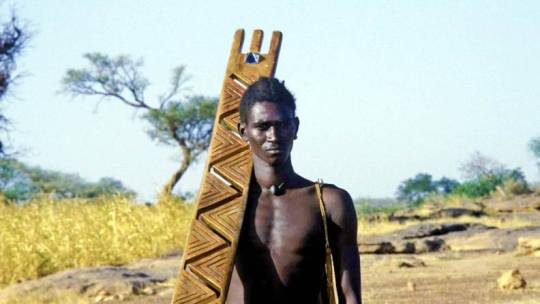

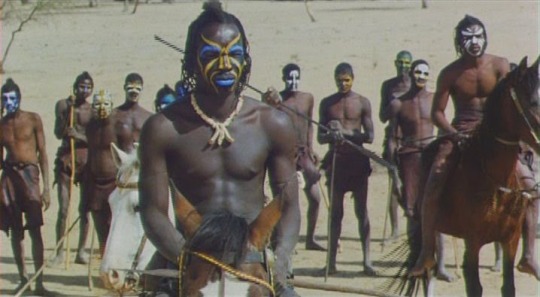

Some of the most memorable scenes from the 1987 Malian film Yeelen by Souleymane Cissé.
Yeelen means "brightness/light" in Bambara.
Set in the 13th century, the film tells the legend of Niankoro, the son of the sorceror Soma, and ultimately their fateful confrontation.
Soma, upon seeing a vision in which his son will be the death of him, deigns to slay his son. Niankoro leaves his mother and receives a prophecy from a hyena-man, then embarks on a mystical quest to defeat his father, who is tracking him via Kore magic post through Bambara, Fula and Dogon lands.
After impressing a Fula king with his magic, and helping his men win a war against some rivals, Niankoro receives his wife Attou (after "curing" "her" infertility and the 2 laying together).
The young couple journeys across the arid sun-scorched landscape into the peaceful escarpment where Niankoro's uncle dwells. The junior shaman receives his magic Kore's Wing (wooden sorceror's implement) from his uncle (Soma's benevolent twin), to evade capture, track his father, and ensure the fulfillment of the noble prophecy of he and Attou's descendents.
#sahelcore#mali#malian film#souleyman cisse#souleyman cissé#bambara legends#yeelen#yeelen film#niankoro#kore's wing#komo society#dogon#fula#the sahel#west african legends#african fantasy film#80s movies#sahelian film
26 notes
·
View notes
Text

RIP Souleymane Cissé
#Yeelen#Souleymane Cissé#a film that always comes back to my mind from time to time and helps that its the first West African fantasy film I've ever seen#good film I recommend
39 notes
·
View notes
Text
Malian filmaker Souleymane Cissé’s film 'Yeelen,' 1987




17 notes
·
View notes
Text


oh no

oh so it is what i think it is


idk man. i thot it's very easy for the majority of men...

young man, why?


ok...



OHHH THANK GOD he will just put a spell on her or cure her with his shamanic knowledge... oof
0 notes
Text
Rest in Paradise Souleymane Cisse. Thank you for this film that gave me everything🥹
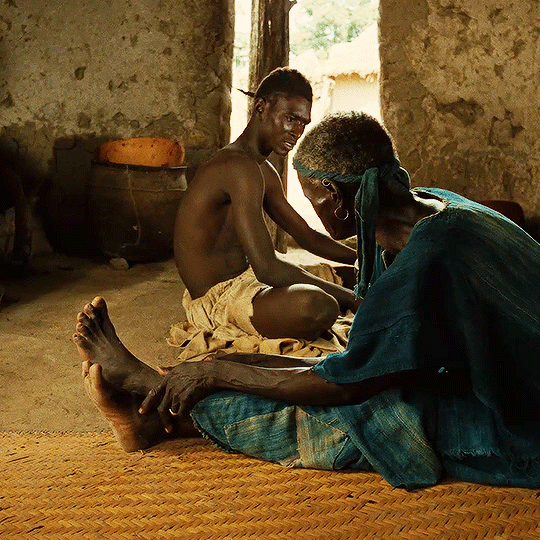
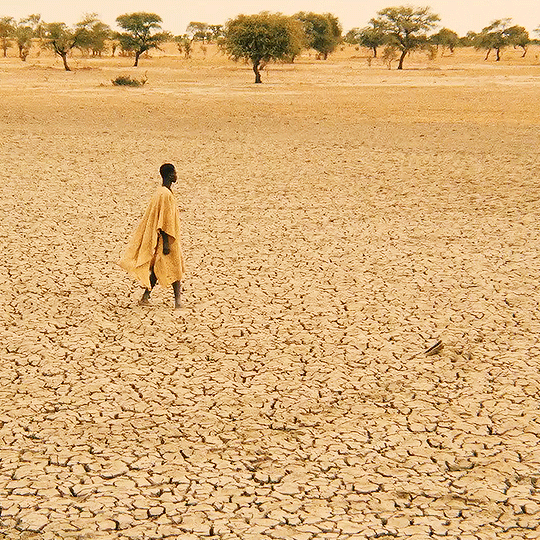
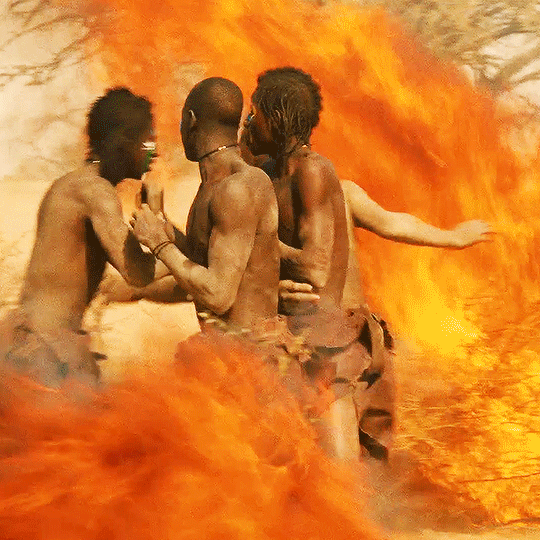
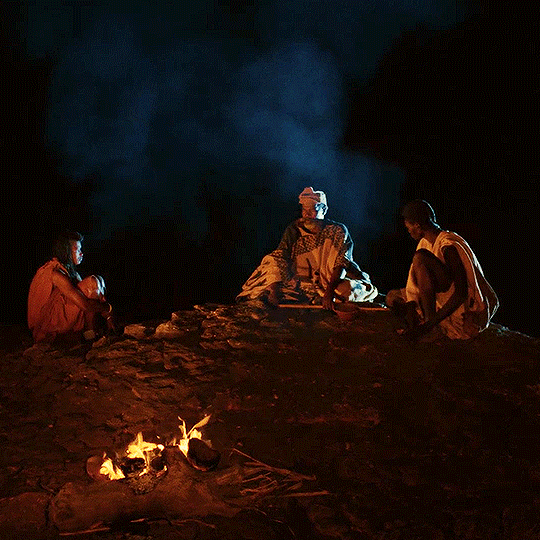
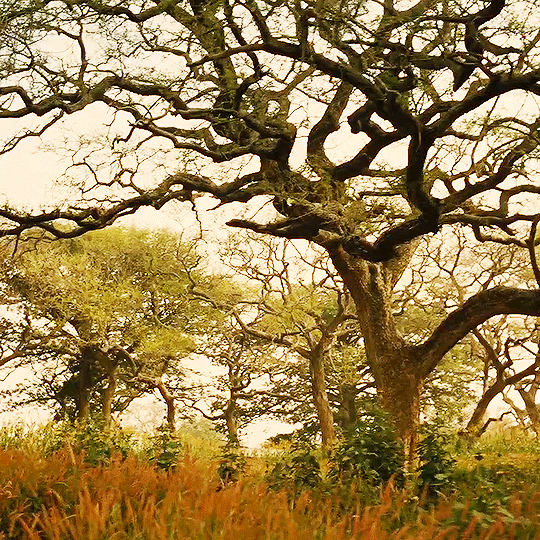
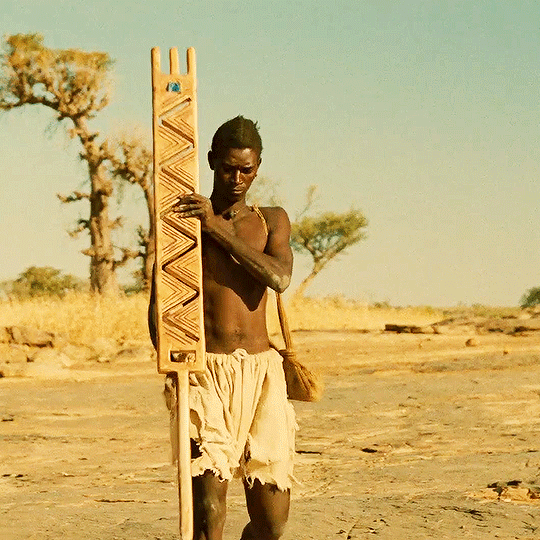
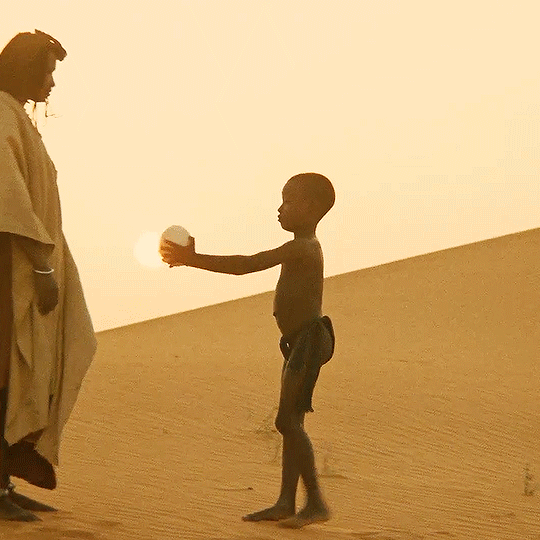
Yeelen ('Brightness', 1987 🇲🇱), directed by Souleymane Cissé
122 notes
·
View notes
Text

It is with profound sadness that I share news of Souleymane Cissé passing today, February 19, 2025, in Bamako, Mali, at age 84.
In the pantheon of African cinema, few figures loom as large as Souleymane Cissé. Often hailed as “Africa’s greatest living filmmaker” (he’s 84), he remains one of the few surviving post-colonial pioneers, with a career that has shaped the continent’s cinematic landscape with influential films like “Yeelen.” His continued involvement in film culture, advocacy for African cinema, and mentorship of emerging filmmakers further solidify his status.
152 notes
·
View notes
Text
Cissé made history as the first Black African director to win a feature film award at the Cannes Film Festival, earning the jury prize in 1987 for Yeelen (Brightness), a film inspired by the legends of the Bambara people. In 2023, he was honoured with the Carrosse d'Or, recognizing his bold and influential contributions to cinema, though the award was briefly stolen from his home in 2024 before being recovered.
51 notes
·
View notes
Text
Can’t look at anything or anyone the same anymore. I see nice cars and people with the latest brands/eating McDonald’s etc/having the latest iPhones and I just think about how many kids died mining for these metals to support that structure of our world. That’s also killing the earth. And they’re technically my brothers and sisters and cousins. I think about what kind of human you have to be to enjoy luxuries that are conceptualized in blood and murder and not boycott the minimum/speak up. I feel like I can’t trust anyone. But I fight and still hope for the future for me and my people. I am thankful for films like Neptune Frost, Yeelen, Gabbeh, and other indigenous films that capture the indestructible beautiful hearts of our people and their lights we must carry on against the darkness.
#free palestine#free gaza#free sudan#free congo#free haiti#free hawaii#free papa New Guinea#free the amazon#fuck israel#fuck the police#fuck imperialism#fuck the west
41 notes
·
View notes
Text
New Film Submissions
Belly (1998) dir. Hype Williams Ever since they were kids, Sincere (Nas) and Buns (DMX) have lived life close to the edge, doing whatever it takes to survive. As adults, they build up their kingdom of crime on drug dealing and robbery. But Sincere grows weary of the criminal lifestyle and joins a black Muslim religious group. Buns, on the other hand, sinks deeper into criminality and faces serious prison time. The cops offer him a deal, however -- assassinate the head of the Muslim group, and he will go free.
Shottas (2002) dir. Cess Silvera Deported from the United States, two drug dealers (Ky-Mani Marley, Spragga Benz) travel to Miami and continue their violent ways
Soul Food (1997) dir. George Tillman Jr. When Ahmad Simmons' (Brandon Hammond) diabetic grandmother, Josephine "Big Mama" Joseph (Irma P. Hall), falls into a coma during an operation to amputate her leg, it throws the Joseph family into chaos. Ahmad watches as his mother, Maxine (Vivica A. Fox), and aunts Teri (Vanessa L. Williams) and Tracy (Nia Long) struggle to adjust to the family matriarch's sudden absence, fall into old rivalries, share memories, and work to maintain the long-standing tradition of Sunday family dinners.
Kirikou and the Sorceress (1998) dir. Michel Ocelot The tiny Kirikou is born into an African village upon which a sorceress called Karaba has cast a terrible spell: the spring has dried up, the villagers are being blackmailed, the men of the village have either been kidnapped or have mysteriously disappeared. He wants to rid the village of the curse so he goes on a voyage to the Forbidden Mountain, where the Wise Man of the Mountain, who knows of Karaba and her secrets, awaits him.
Bebe's Kids (1992) dir. Bruce W. Smith In this animated depiction of a calamitous first date, Robin Harris (Faizon Love) hits it off with the gorgeous Jamika (Vanessa Bell Calloway), whom he meets at her boss' funeral. On the ride back, Harris is introduced to her well-behaved son (Wayne Collins), and asked if he wants to go with them to the amusement park the next day. Harris accepts and arrives to find three more children joining them. Jamika is watching her friend Bebe's kids -- which is the beginning of Harris' problems.
Yeelen (1987) dir. Souleymane Cissé
In the 13th century, Niankoro (Issiaka Kane) is born to the shaman Soma (Niamanto Sanogo), who fears his offspring's magical powers. Niankoro flees with his mother (Soumba Traore) and masters his skills while staying ahead of his father's attempts to track him down. Setting off on a journey to ask his uncle, Djigui Diarra (Ismaila Sarr), for advice, Niankoro uses his abilities to help tribal king Rouma Boll (Balla Moussa Keita) defeat a neighboring tribe, thereby earning the king's friendship.
11 notes
·
View notes
Text
Mali filmmaker Souleyman Cisse, "Father of African Film", dies at the age of 84 News cinema
Trailblazer of African Cinema was the winner of the Jury Award at the 1987 Cannes Film Festival for his film Yeelen. Mali’s highly acclaimed director Souleyman Cisse, which is considered one of the pillars African cinemadied at the age of 84. His daughter announced that Cisse died on Wednesday and left on a silver screen covering half a century, which was marked by a commitment to African…
0 notes
Photo

Yeelen https://tinyurl.com/26s6qez2 Like an Afro-futurist Arabian Nights or Homer's Odyssey, 1987's Yeelen tells in simple episodes the story of a young man on the run from his father. It's often referred to as the greatest film ever to come out of Africa (no, Black Panther ...
0 notes
Text
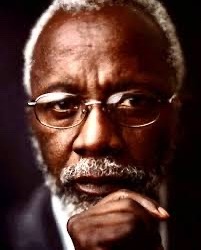
Souleymane Cissé (born April 21, 1940) is a Malian film director.
His film career began as an assistant projectionist for a documentary on the arrest of Patrice Lumumba. This triggered his desire to create films of his own, and he obtained a scholarship to the Moscow School of Cinema and Television.
He returned to Mali and joined the Ministry of Information as a cameraman, where he produced documentaries and short films. He produced his first medium-length film, Cinq jours d’une vie, which tells the story of a young man who drops out of a Qur’anic school and becomes a petty thief living on the street. Cinq Jours premiered at the Carthage Film Festival.
He produced his first full-length film in the Bambara language, Den Muso, the story of a young mute girl who has been raped. The girl becomes pregnant and is rejected both by her family and by the child’s father. Den Muso was banned by the Malian Minister of Culture, and he was arrested and jailed for having accepted French funding.
He produced Baara, which received the Yenenga’s Talon prize at Fespaco. He produced Finyé, which tells the story of dissatisfied Malian youth rising against the establishment. This earned him his second Yenenga’s Talon at Fespaco.
He produced Yeelen, a coming-of-age film that won the Jury Prize at the 1987 Cannes Film Festival.
He produced Waati which competed for the Palme d’Or at the 1995 Cannes Film Festival.
He is president of the Union of Creators and Entrepreneurs of Cinema and Audiovisual Arts of Western Africa. #africanhistory365 #africanexcellence
1 note
·
View note
Text
Yeelen is now my favorite film because I love magical conflict being portrayed on film.
0 notes
Text


agree to disagree
1 note
·
View note
Text
BONUS: HONOURABLE MENTIONS
Clockers (Lee, 1995)
Another banger from Spike Lee!!! VERY engaging story, filmed with that typical Spike Lee flair (signature double dolly shot you are everything to me), great performances, and a great score. Very disconcerting to see Burke Greysanatomy though, this probably would've been a Top Film instead of an Honourable Mention if he hadn't kept jumpscaring me.
Jesus Christ Vampire Hunter (Demarbre, 2001)
Sheer dumb fun. Jesus beating up some guy in a Habs jersey is right up there with Rankin's Diefenbaker easter egg as my top movie moment of 2024.
So This is Paris (Lubitsch, 1926)
Wildly entertaining farce and the highlight of the 2024 Toronto Silent Film Festival, I can always count on Shirley for some top tier programming. Can't see myself enjoying it quite as much on rewatch, but it made for a great theatrical experience.
Au nom du Christ (M'Bala, 1993)
I <3 religious satire, I <3 the look of sub-Saharan cinema, I <3 Mubi for leading me to gems like this one.
The Mystery of the Leaping Fish (Cabanne and Emerson, 1916)
SHEER! DUMB! FUN! My third and final top movie moment of 2024 is Douglas Fairbanks' ten foot vertical leap after doing a ton of cocaine here.
Io Capitano (Garrone, 2023)
Incredible lead performance + I loooove the whole Odyssey structure of the thing + gorgeous gorgeous landscapes and dream sequences + the end made me tear up a little I won't lie. Kind of reminded me of Yeelen, which I have a real soft spot for as I wrote one of the best essays of my BA on it.
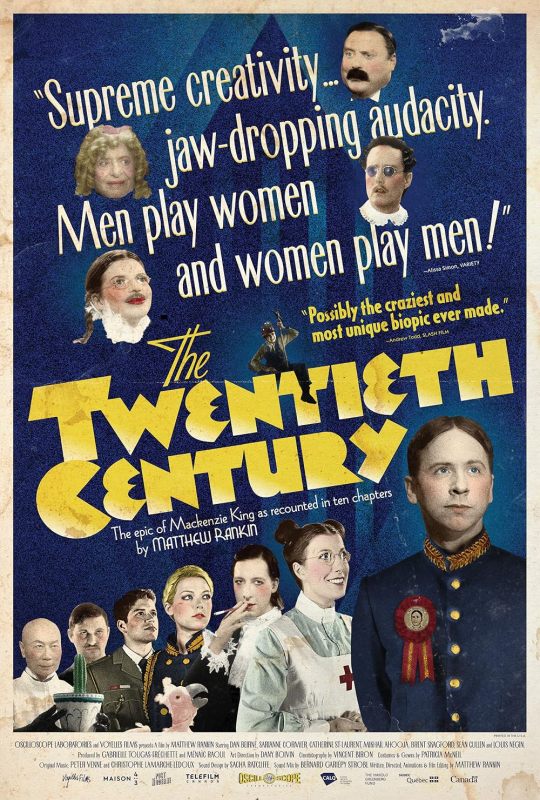
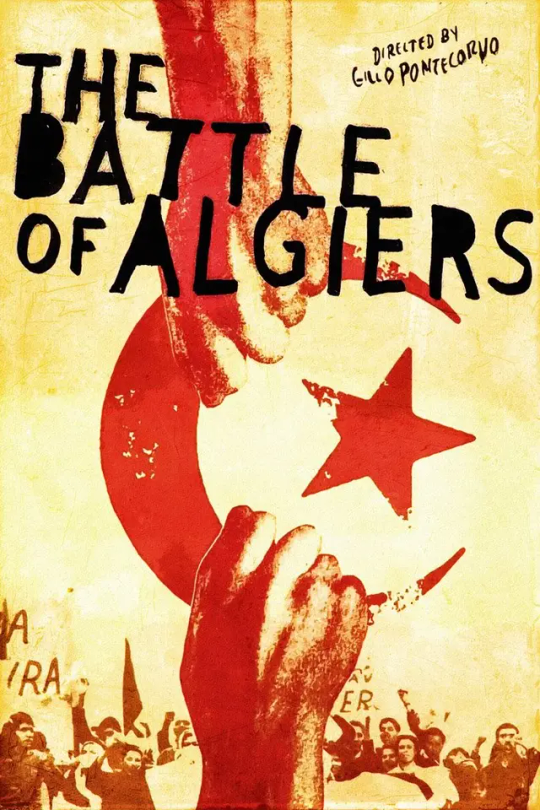
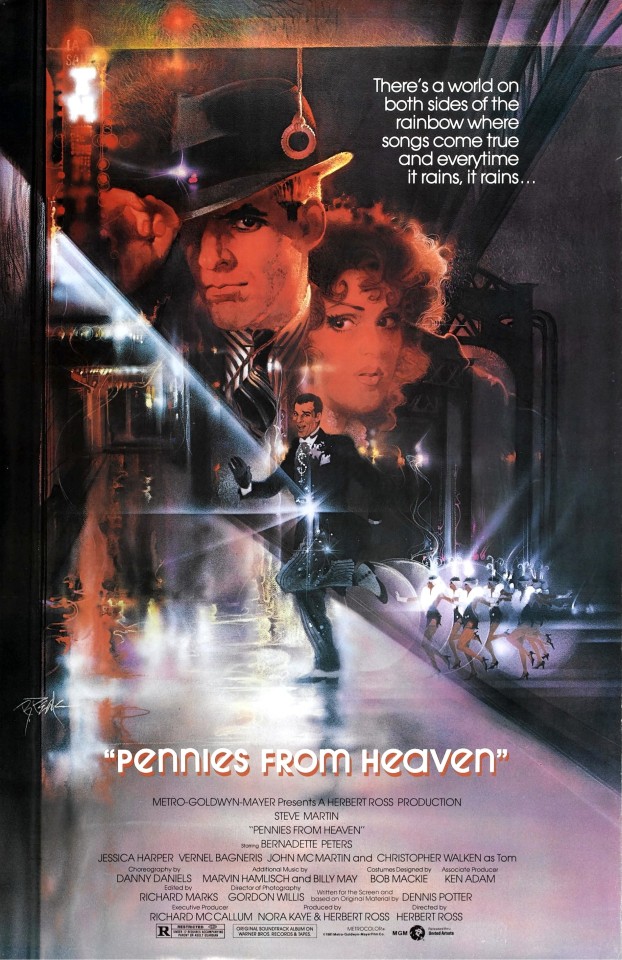
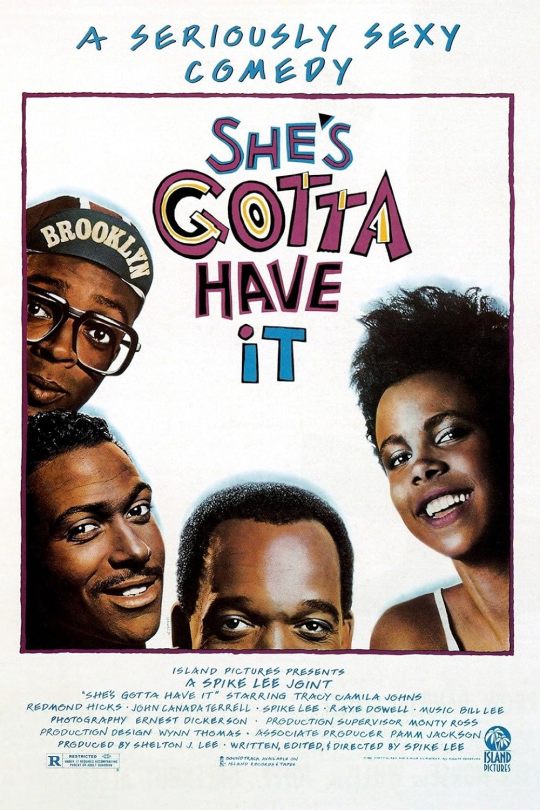
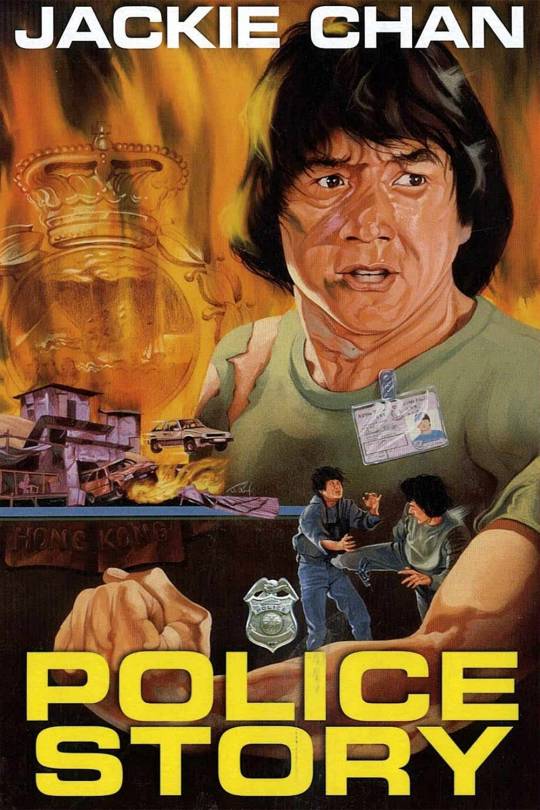
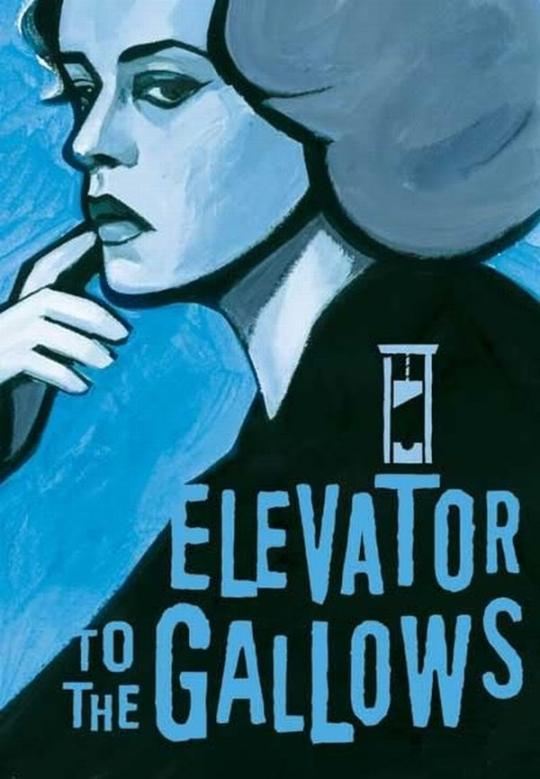
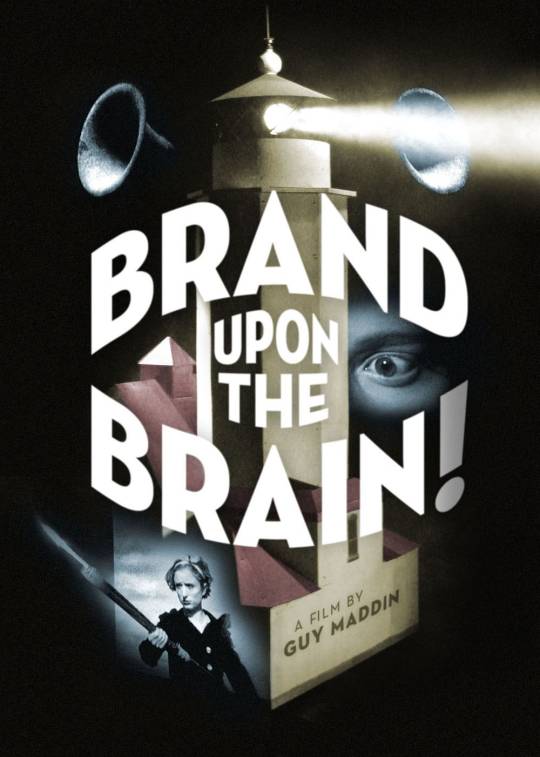
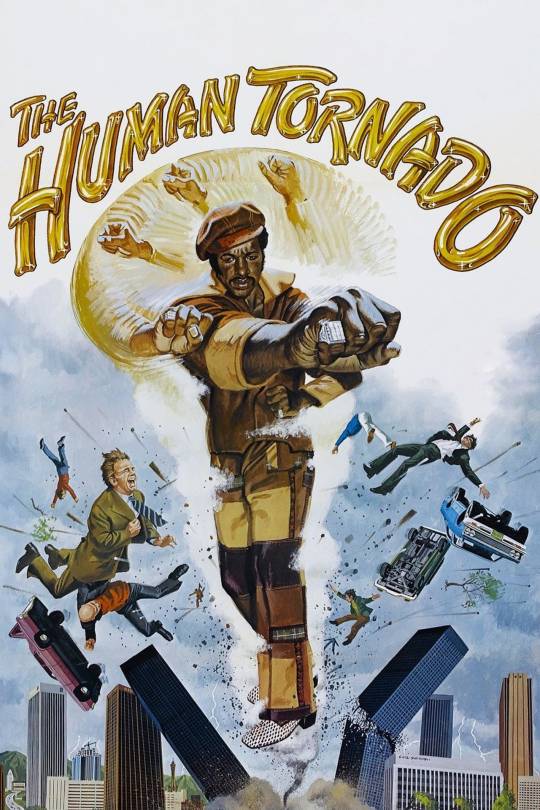
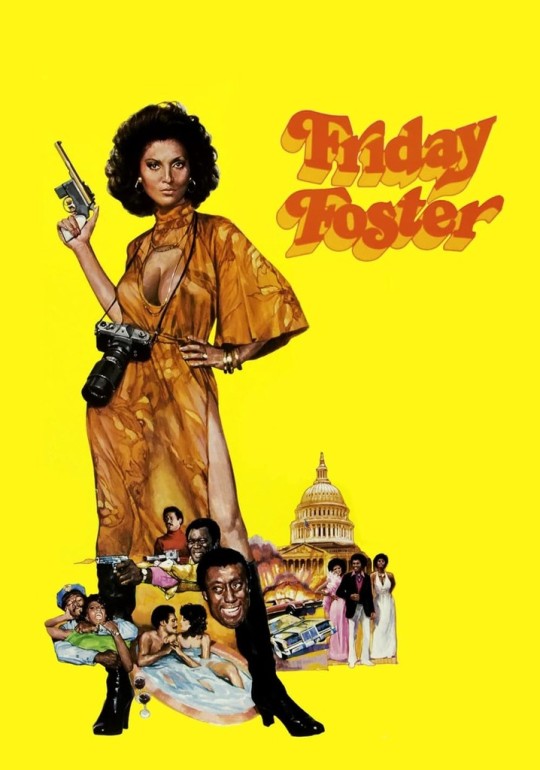
Top first-time watches of 2024 (feature film edition)! Top documentaries here.
My thoughts under the cut.
The Twentieth Century (Rankin, 2019)
A Mackenzie King biopic for people who have something wrong with them so naturally I loved it. Genuinely though it's brilliant bit of satire that cuts straight to the heart of Canada's national impotence, the way we're a nation that doesn't know how to define itself and doesn't think enough of itself to care, as embodied by our longest serving PM. Plus I looooove Rankin's visual style here; it's Caligari meets My Winnipeg meets Zero Patience, and I couldn't get enough of it. Also shoutout to the Diefenbaker easter egg, that was a personal highlight as I'm obsessed with him.
The Battle of Algiers (Pontecorvo, 1966)
....and at the reverse end of the political cinema spectrum we have The Battle of Algiers lol. This one's a triumph of neo-realism, a revolutionary call to action that grabs you by the throat and squeezes. Riveting plot, powerful themes, excellent sound design, effective use of that newsreel style, with solid performances all around, I get why this is considered one of the all-time greats -- it really is that good.
Pennies From Heaven (Ross, 1981)
If you have ever asked yourself what it would be like if Brecht made a technicolour Hollywood musical, this is the movie for you. It's a dynamite deconstruction of the genre, a really engaging exploration of musicals-as-escapism as seen through a Depression-era sheet music salesman's descent into crime etc. It's also a technical marvel; BEAUTIFULLY choreographed and shot, I think "Let's Misbehave" + "Let's Face the Music and Dance" are some of the greatest musical numbers ever put on film. My only qualms are that the sexual politics are a little iffy and that Steve Martin was maybe not the best choice for a dramatic role, but the whole lip-syncing device is cool enough to make up for it.
She's Gotta Have It (Lee, 1986)
In my Spike Lee era this year and it's entirely because of She's Gotta Have It, I think the introduction of Mars Blackmon rewired my brain chemistry. Brilliant, brilliant, brilliant style, the cinematography + editing + score had my jaw on the floor from start to finish. Also has a really engaging plot with some terrific dialogue, especially in the first half. I will say that Nola's a little flat and Lee REALLY fumbled the rape scene, but otherwise I think it's a great exploration of female sexuality + the male reaction to it.
Police Story (Chan, 1985)
Some of the finest action sequences ever captured on film!! Extraordinary choreography on all the fight scenes, lots of big and inventive stunts that had me at the edge of my seat, and slapstick that was laugh-out-loud funny. Even beyond the set-pieces, Jackie Chan is such a pleasure to watch -- the moonwalk scene had me grinning ear to ear, as did the bit where he's juggling four phone calls. NEED to see more of his movies in 2025, they're just an absurdly good time.
Elevator to the Gallows (Malle, 1958)
Best noir of the year for sure. Plot is predictable, but done well enough that I was still thoroughly engaged. It helped that it was GORGEOUSLY shot; looooved the opening robbery sequence, everything in the elevator, and the interrogation room in the third act. Also, the score!!!! Miles Davis the man that you are!!!!
Brand Upon the Brain! (Maddin, 2006)
Genuinely what's going on in Winnipeg that makes every director from the city Like That™? Is it all the snow? Is the Jets? Is it the fact that the rest of the nation simply does not care about Manitoba, not even enough to make fun of them? Don't get me wrong I'm not complaining, love love LOVE seeing some Winnipeg Weird; I think Maddin's the best thing that's ever happened to Canadian cinema, and this is probably my second favourite film of his (after My Winnipeg obv); a surreal visual treat, playfully made, with an engaging Freudian nightmare plot... how do we get the rest of the nation to match this energy, I need another five million of these things STAT.
The Human Tornado (Roquemore, 1976)
The pinnacle of so-bad-it's-good cinema, a hysterically funny action spectacular from Dolemite himself, Rudy Ray Moore. Kung fu! Stand-up comedy! 70s fashion! Visible boom mics! Exploding cars! Lengthy sex hallucination sequences! Jump cuts for literally no reason! The most fun I had all year! Stream The Human Tornado on Tubi TODAY!
Friday Foster (Marks, 1975)
Another dynamite blaxploitation flick, but one that's like genuinely solid; sure, it's cheaply made and the plot's paper thin, but Pan Grier and Yaphet Kotto are so incredibly charming as a buddy-cop duo that I didn't even notice until like halfway through that the movie made no sense. Also has a great score, great costumes, great chase scenes... it's incredibly fun, just a rip-roaring good time.
4 notes
·
View notes
Video
dailymotion
Yeelen (Part 1)
maheauxgany asked where to see the film from the post of stills from the film. above is part 1 (with English subtitles). clicking on the video will lead you to the DailyMotion page where you will see part 2.
34 notes
·
View notes